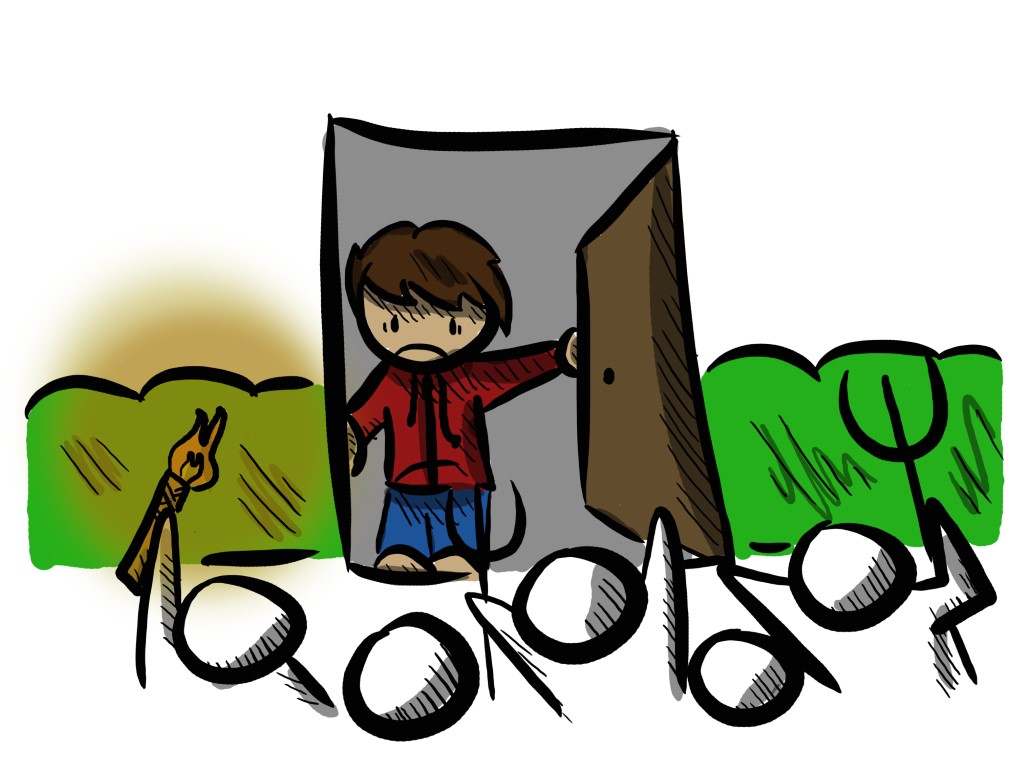Practicing our right to have our voices heard by our government
By Belle Vilers, Contributor
With the federal election just around the corner, there have been many promises of beneficial policies given by potential leaders. Some of these policies target seniors, who statistically vote in high numbers. Yet, there is hardly any commentary steered towards the young adults. There are very few policies that are directed towards new-to-the-workforce workers and single young adults. Compared to seniors, young adults tend to not vote, and those running for office would rather focus on the needs of those who are more likely to vote for them—or at all. The low participation rate of youth voting has resulted in the political parties pushing aside their needs.
According to Elections Canada, in 2011 the turnout of voters for young Canadians ages 18–23 was a low 38 per cent. Young adults in Canada today are less likely to vote, making it more likely that our government will not hear our voices and concerns. But why aren’t the youth of Canada taking the responsibility to participate?
There are many reasons why young Canadians may not vote. People have stated that it is a waste of time, and that their vote won’t make a difference. You could probably argue that it’s not your fault, and that politics has a stage of chaotic glamour, displaying only drama and the bashing opinions of opposing parties, and, simply, it’s just corrupt. But how can we complain that it’s corrupt, or that there aren’t enough jobs, or that our wages aren’t enough to live on, if we aren’t doing anything about it? Complaining about how things are and then not acting is like shouting at a brick wall hoping that it’ll move. The fact is that this apathetic, passive attitude has made Canadian youth seem ignorant, and has resulted in political policies tuning out their needs.
Young adults are vulnerable to political policies and governmental change because we live here; we are Canadian. Every party has their own view on how Canada should be, and their views will be converted into different kinds of policies. We can share our opinions on these policies by being more politically effective and voting. By being politically effective, we have a higher chance that we can be heard, and we can voice our opinions on important issues such as job prospects. After spending so much time and money, graduates want to make sure they can secure a job and pay off their student loans. One of the major concerns is what our minimum wage will be, which will be determined by—surprise—our government.
If the trend continues to show a low turnout of young adult voters, a generation of voices will be lost. Every vote counts towards those representing us in the House of Commons. No matter what happens in the October federal election, the choices made will impact you, no matter who you are.
At some point in our lives, we start to wonder: how can I make a difference? We can start by becoming more active and aware citizens, and by voting. If more young people vote, politicians will see that we care and we want our voices to be heard. The needs of the youth will be much more important to politicians if we meet them halfway. As stated under section three of the Canada Elections Act, “every Canadian citizen 18 years of age or older has the right to vote.”


